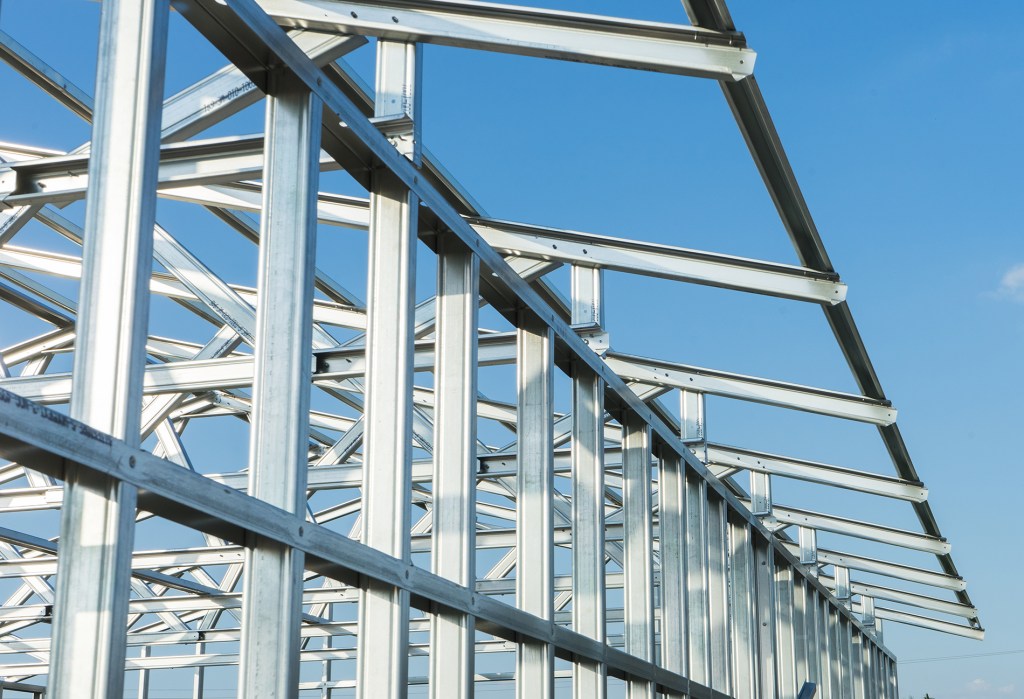The Trump Administration’s decision to exempt numerous countries from its new tariff on steel and aluminum imports means the nations that deliver 54% of America’s steel imports won’t be tagged with new charges. But trade tensions since then have given dealers new reasons to worry.
Earlier today, China’s Ministry of Commerce said $3 billion in U.S. goods could face new tariffs following the Trump administration’s imposition of duties on imported steel and aluminum, CNBC reported. Among the goods listed for retaliatory tariffs were several agricultural products, including pork, wine, nuts, fresh fruit and dried fruit. China accounts for about 2% of U.S. steel imports, the International Trade Administration says.
Fears of a brewing trade war with China led to a sell-off in the U.S. stock markets today. The Dow Jones Industrial Average dropped nearly 425 points–a 1.8% decline–to slide to its lowest level since last November.
The presidential proclamation issued late March 22 said tariffs on on steel and aluminum from Argentina, Australia, Brazil, the European Union, and South Korea had been put on hold until May 1. Imports from Canada and Mexico already had been exempted. The tariffs are set to go into effect Friday.
Now that the Trump Administration has acted, it’ll be up to producers and vendors to react. Before the news broke, prices were rising.
“Anything made of steel has already jumped in price AND availability is poor as many companies (Including ours) loaded up on steel products to lock in supply at lower cost as we fulfill orders taken before prices spiraled upwards,” Jim Sobeck, president and CEO of New South Construction Supply in Greenville, S.C., told ProSales earlier this month. “Due to this, most steel mills are sold out thru mid-April or longer.”
Kinzler Construction of Ankeny, Iowa, which sells steel studs and drywall along with its insulation installation business, told Des Moines’ WHO-TV that its suppliers raised their prices as soon as Trump started talking about tariffs.
“We’re being as proactive as possible,” General Manager Brian Wulfekuhle told the station. “We’re ordering in as much extra material as we could possibly get in advance of the tariffs to make sure we’re doing everything we can to help our customers.”
One of Kinzler’s fears is that contractors could choose to switch to wood framing instead of steel to cut costs, the station said.
Business groups, companies, and members of Congress pushed against Trump’s tariff plans, in part out of fear that his actions could lead to a trade war. And in fact, shortly before Trump signed the executive order imposing tariffs and steel and aluminum, the European Union said it was ready to impose its own tariffs on U.S. bourbon, peanut butter, cranberries and orange juice.


